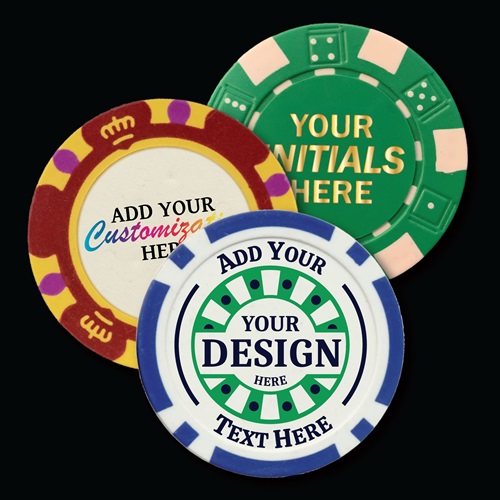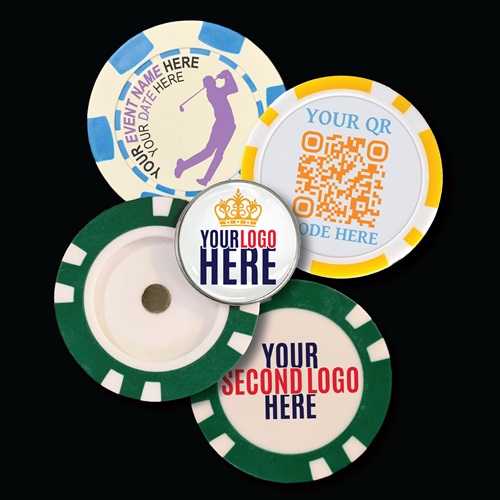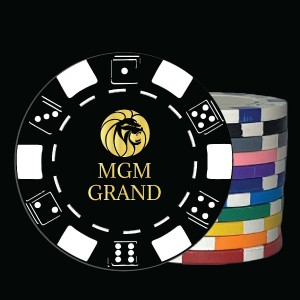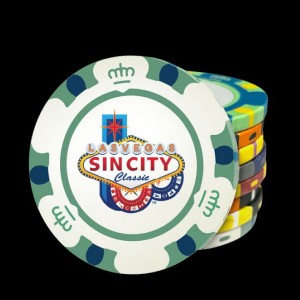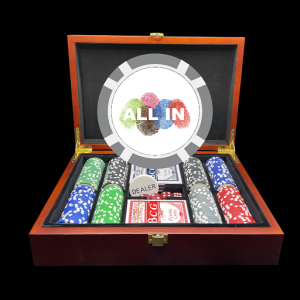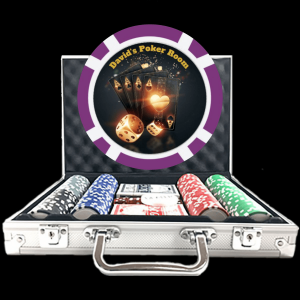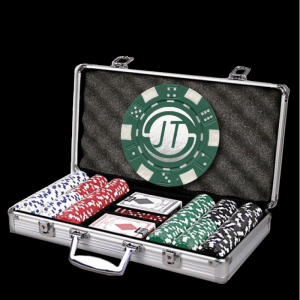The Psychology Of Poker

Role of Psychology in Poker – The Art of Poker
Psychology
Imagine you are sitting in front of a poker player that is a complete stranger to you, and you have no clue how he uses bluffs and bets to beat his opponents. If you try to play too many hands, you might end up losing your chip stack. Perhaps, you may want to play tight and aggressively to kick your rival out of the game. Wisdom says you must first gauge the chances to win the game based on the cards you have and look for hints of bluffing in your opponent’s body language and facial expression, which can only be done if you have the understating of psychology in poker.
The Art of Poker Psychology
In some ways, being a poker player and
being a magician use similar strategies and skills. Magicians typically use a
certain amount of psychology in order to misdirect their audience and create an
unforgettable performance. The same can be said for potential poker players.
Expert poker players use a certain amount of psychology in order to mislead
their opponents and win the game.
A study reflects that many poker players
make decisions based on the psychological fact that their opponent’s facial expression
is a great clue in helping them analyze what move they will make next. In a
poker game, psychology has an important role to play. Poker players observe
each other’s gaming strategies, bluffing, and betting based on psychological
thinking. The psychology of poker also implicates creating a mystery to mislead
the opponent.
Psychology can be a great tool in order to
study your opponent’s body language and facial expressions to analyze where
they stand in the game currently. Psychology plays a crucial role in
traditional and online casino poker as well as it is a game of strategy and
skill that involves human behavior, critical thinking, and emotions. All such
factors have a great impact on each poker player’s decision-making.
Below
mentioned are a few ways in which psychology can impact the game of poker for
any poker player!
1. Understanding Opponents
Psychology can help poker players read and
analyze their opponents by observing their facial expressions, body language,
and playing patterns. By observing and analyzing the tendencies and motivations
of their opponents, poker players can make better decisions about when to
bluff, fold, or bet – a smart way to misdirect your rivals!
2. Managing Emotions
Poker is one of the highly emotional games
where players often find themselves dealing with various emotions – fear of
losing the game, excitement to win, eagerness to make a winning move, and so
on. Poker players need to manage their emotions to make rational decisions.
Psychology can help players learn and manage their emotions and make wise
decisions. Stay focused under pressure and leave your opponent surprised!
3. Dealing with Tilt
A state of emotional distress that might
occur when a player loses the game typically refers to as “tilt.” In games –
especially like poker – players often find themselves distressed and anxious,
and if they do not control their emotions, they might end up losing the game.
Psychology helps players distinguish when they are on tilt and learn strategies
for managing it. Use this trick next time you feel stuck, and come out as a
champ!
4. Decision-Making
Poker players often sit at the poker table
without proper knowledge of how to strategically play, compete with their
opponent and win the game. The decision that they make while playing are often
based on ambiguous and incomplete information, which requires them to use their
intuition and make judgments based on probabilities. A decision made by a poker
player based on probabilities and possibilities without even critical thinking
might result in an ultimate bad move.
Psychology helps players develop better
cognitive skills, which help in better decision-making and strategic thinking
when playing. Psychology also helps players in thinking about every move
critically and reduces the impact of cognitive biases and heuristics.
5. Goal-Setting
Poker is nothing but a game of mind,
strategy, and goals. Psychology can help poker players set and achieve goals.
For instance, learning a new winning strategy or improving their win rate. By creating
a wise plan and setting clear goals, players can improve their overall
performance and success in the game.
Adjust Your Mindset To Win!
In conclusion, poker is all about
outsmarting your opponents. However, in games like poker that require you to
perform under pressure, if you don’t keep your complex and ever-altering
emotions in check, your rival might get the chance to outsmart you in just a
single move. Here comes the psychology in the game! Psychology can add
incredible depth to your game and, obviously to your wallet (a win-win). By
opening up your eyes to the human side of the game in conjunction with a strong
poker strategy, there is no reason you couldn’t have the winning title under
your belt.
Catch yourself before it affects your gameplay!

